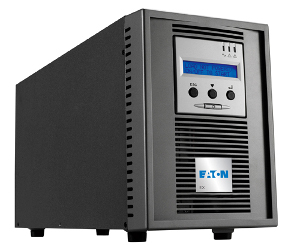 The primary function of uninterruptible power supplies (UPS) is to ensure continuous uptime of critical loads during power disturbances or interruptions. In order to do this, they themselves need to have some form of protection and preventative management.
The primary function of uninterruptible power supplies (UPS) is to ensure continuous uptime of critical loads during power disturbances or interruptions. In order to do this, they themselves need to have some form of protection and preventative management.
A UPS can rectify various common power supply problems such as total power failure, spikes, sag or high voltage excursion, surge or momentary reduction in input voltage, noise, frequency instability etc. Smaller unit batteries of UPSs can run for a short time of 5 to 15 minutes, but it is sufficient to shut down the computer, data centers, telecommunication equipment where the main interruption in power supply can cause a severe damage or data loss.
The truth is this concern has been raised since the time electricity or power was created. In fact, there were much more power outage back in those days since power was still in the process of creating itself at that time. As time went by, power improved and scientists found more energy sources. Slowly, in the 20th century, energy is being wasted and overused. Now we are back to rediscovering what could be done to conserve energy. Are there any other energy sources?
Aside from all of these, batteries were made and purchased by people to aid them on their needs if blackouts happened in their area. Batteries can be recycled, thrown away and recharged. The most amazing battery and the most useful would have to be the UPS. Before buying UPS backup power supply know about them properly and accordingly proceed.
Latest News
Did You Know?
Changing your UPS batteries every 4 years can prevent 90% of all UPS outages.
AC and DC capacitors have a shelf life and should be proactively changed every 8-10 years.
Adding a maintenance bypass to your UPS will allow for proper maintenance of your UPS and also re-route utility power





